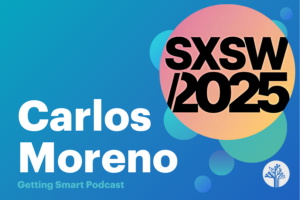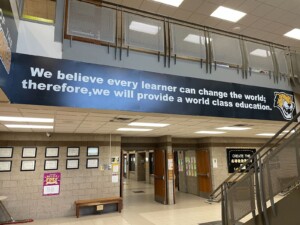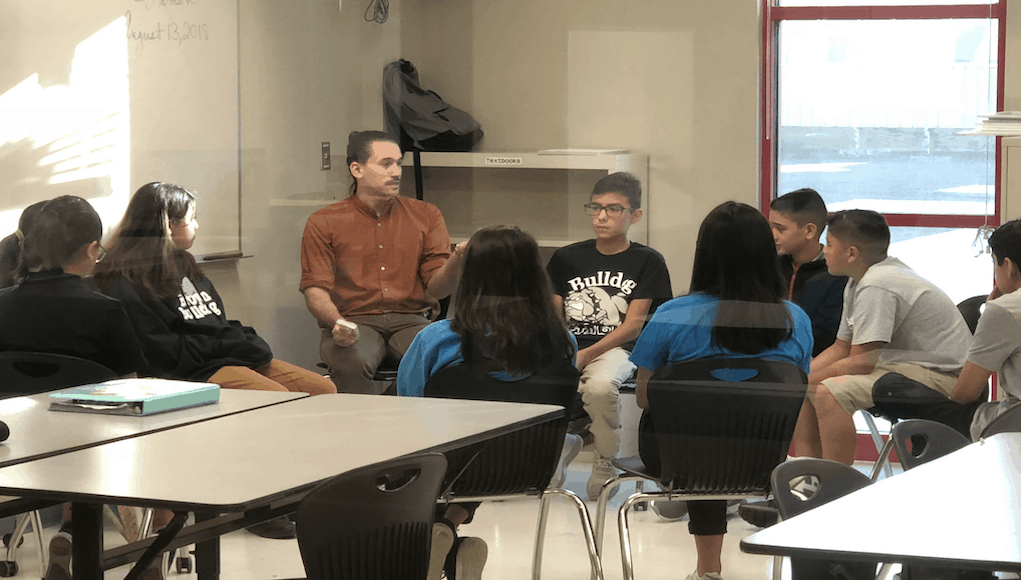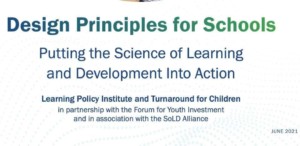Phonological Awareness: The Number One Predictor of Reading Success
Jeanne Jesup shares why learning to read is not automatic and happens way before kids understand that letters stand for sounds.
The Cognitive Age: Building Brains that Learn Better
Betsy Hill and Roger Stark explore the intersection of brain science and classroom learning in their first neuroscience series post.
Students Are Calling BS on High School and Opportunity Knocks
Schools talk a lot about personalizing learning, of meeting kids where they are, and yet we see most high schools continue forward with prescribed, discipline-specific courses that continues to isolate disciplines from one another despite the fact that they are highly interrelated.
Rural Places, Big Visions – a visit to Northern Cass School District
Five years ago, more than 20 years after consolidation, with lower college graduation rates than expected and low student engagement rates, Northern Cass embarked on a journey to reimagine the learning experience.
Career Pathways In A Rapidly Changing World: US Career Pathways Story
Learn about the changing mentality around college and careers in the U.S. Understand the impact of cost and available options.
Hybrid Instruction Creates More Time for Formative Assessments
By: Dr. Margy Jones-Carey. The move to hyrbid and remote learning has paved the way for educators to make more time for formative assessments.
The United Nations’ Sustainable Development Goals Could Be Our Standards
International Educator and Thought Leader Nicholas Martino is advocating that we could use the United Nations 17 Sustainable Development Goals as a framework for teaching and learning.
Guidance Gap: The Biggest Challenge We Face and How to Close It
The dynamic employment market and expanding array of high school and postsecondary learning options make advisory services mission critical. A look at the growing guidance gap and why it's crucial we work to close it.
Putting the Science of Learning and Development Into Action
A new book offers a blueprint for elementary and secondary education. Tom shares insights on Design Principles for Schools: Putting the Science of Learning and Development Into Action.
How Teacher Beliefs Transform Student Outcomes: The Impact of Collective Educator Agency
At AVID, we’ve learned that when educators believe in their ability to act and that their action will bring about the desired outcome, they become even more efficient and effective. With collective educator agency, educators take intentional actions grounded in the belief that together, they can support all students in being academically successful.











